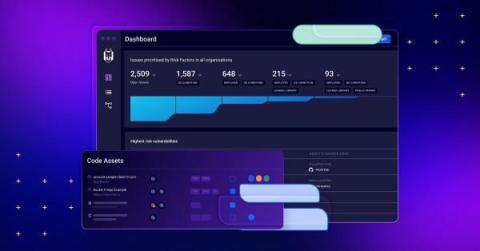More accurate than GPT-4: How Snyk's CodeReduce improved the performance of other LLMs
Snyk has been a pioneer in AI-powered cybersecurity since the launch of Snyk Code in 2021, with the DeepCode AI engine bringing unmatched accuracy and speed to identifying security issues in the SAST space for the first time. Over the last 3 years, we have seen the rise of AI and LLMs, which Snyk has been at the forefront of with the introduction of new AI-based capabilities, such as DeepCode AI Fix, our vulnerability autofixing feature, or our third-party dependency reachability feature.










